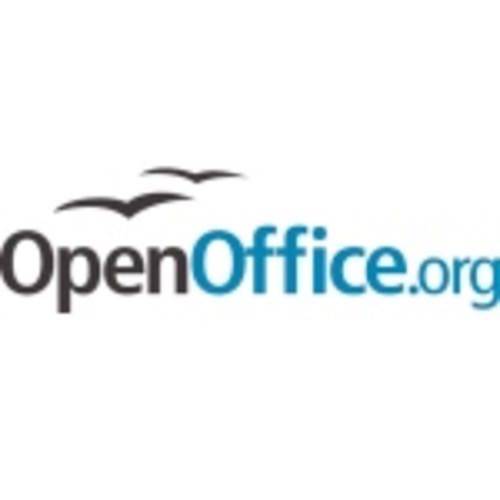Oracle announced today that it will contribute the OpenOffice.org code to the Apache Software Foundation, where the free office productivity suite will become part of Apache’s incubator program.

The announcement comes after a rocky year for OpenOffice, which was largely abandoned by Oracle and turned over to the community, many of whom in turn forked the project to LibreOffice and created The Document Foundation.
Oracle and Open Source
In announcing the contribution, Oracle’s vice president Luke Kowalski says the action demonstrates Oracle’s “commitment to the developer and open source communities.” But open source technologies and the developer communities around them have had a rough time under Oracle, particularly in regards to the assets that were acquired by the company when Oracle bought Sun Microsystems. Those assets include MySQL and Java, the latter being part of a lawsuit Oracle filed against Google and fuel for many developers’ fears that Oracle is actually far from committed to the open source community.
The Future of OpenOffice: The Code and the Community
IBM, which had lobbied for Oracle to spin out the OpenOffice project after it was clear that the company had no commercial interests in continuing its development, also issued a statement today, saying that “We look forward to engaging with other community members to advance the technology beginning with out strong support of the incubation process for OpenOffice at Apache.”
But those community members may be elsewhere, as the creation of The Document Foundation included some of the leading developers on the OpenOffice project. While Oracle has handed over its OpenOffice code, the move does not reunite these two groups.
The Document Foundation stressed the importance of bringing these communities together in its statement in response to today’s news: “The step Oracle has taken today was no doubt taken in good faith, but does not appear to directly achieve this goal. The Apache community, which we respect enormously, has very different expectations and norms – licensing, membership and more – to the existing OpenOffice.org and LibreOffice projects. We regret the missed opportunity but are committed to working with all active community members to devise the best possible future for LibreOffice and OpenOffice.org.
Potential Licensing Problems
There may be further problems ahead for the project too, considering that the OpenOffice is currently licensed under the GNU Lesser General Public License (LGPL) 3.0, something that isn’t fully compatible with the Apache License 2.0.
However, Jim Jagielski, president of the Apache Software Foundation, issued a statement saying that “We welcome highly-focused, emerging projects from individual contributors, as well as those with robust developer communities, global user bases, and strong corporate backing.” Jagielski is the proposed mentor for the project, which will be a “podling” and not fully accepted as an official Apache project.

















